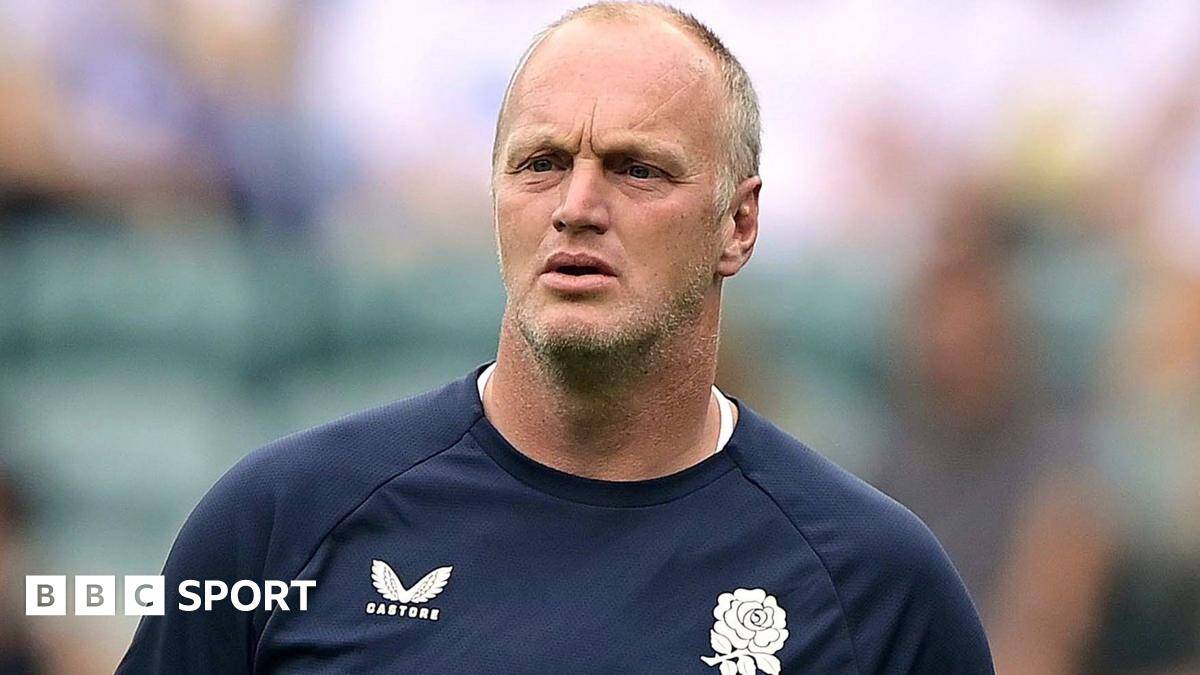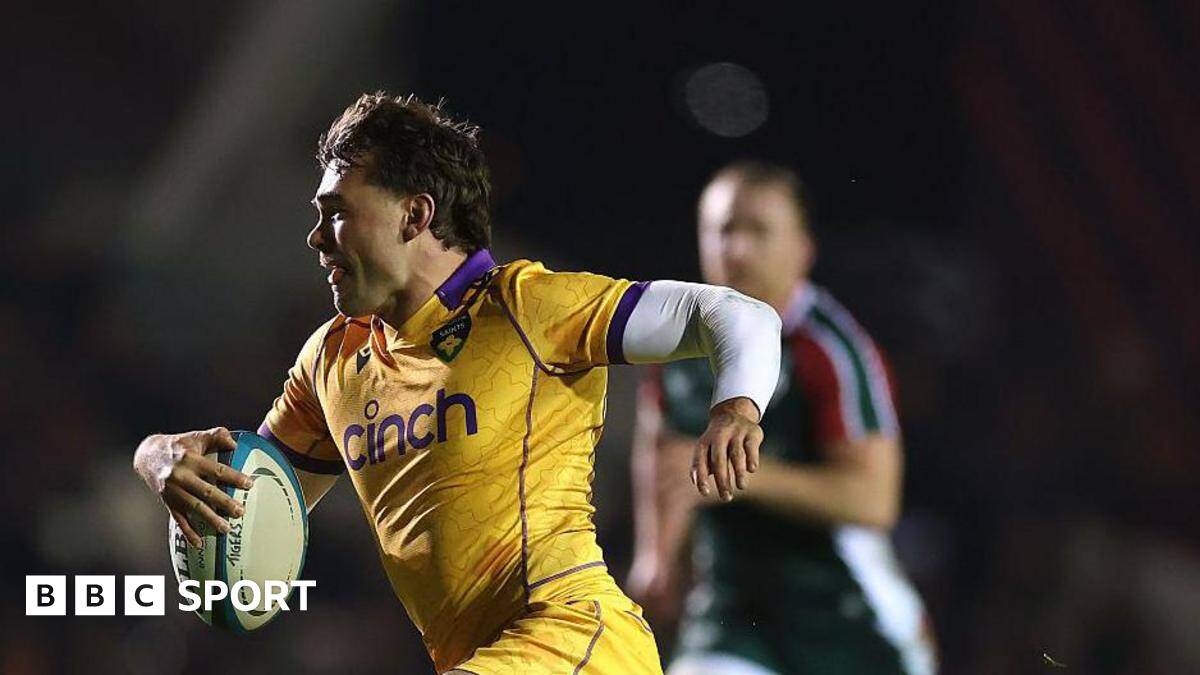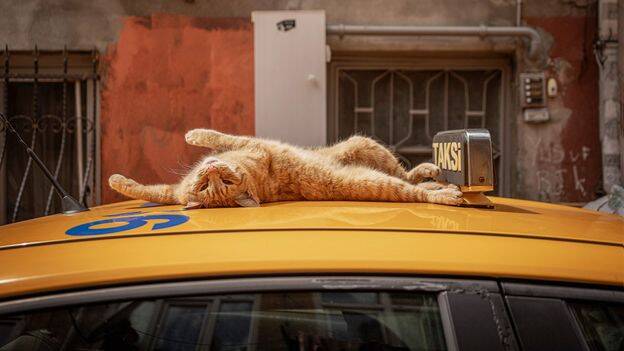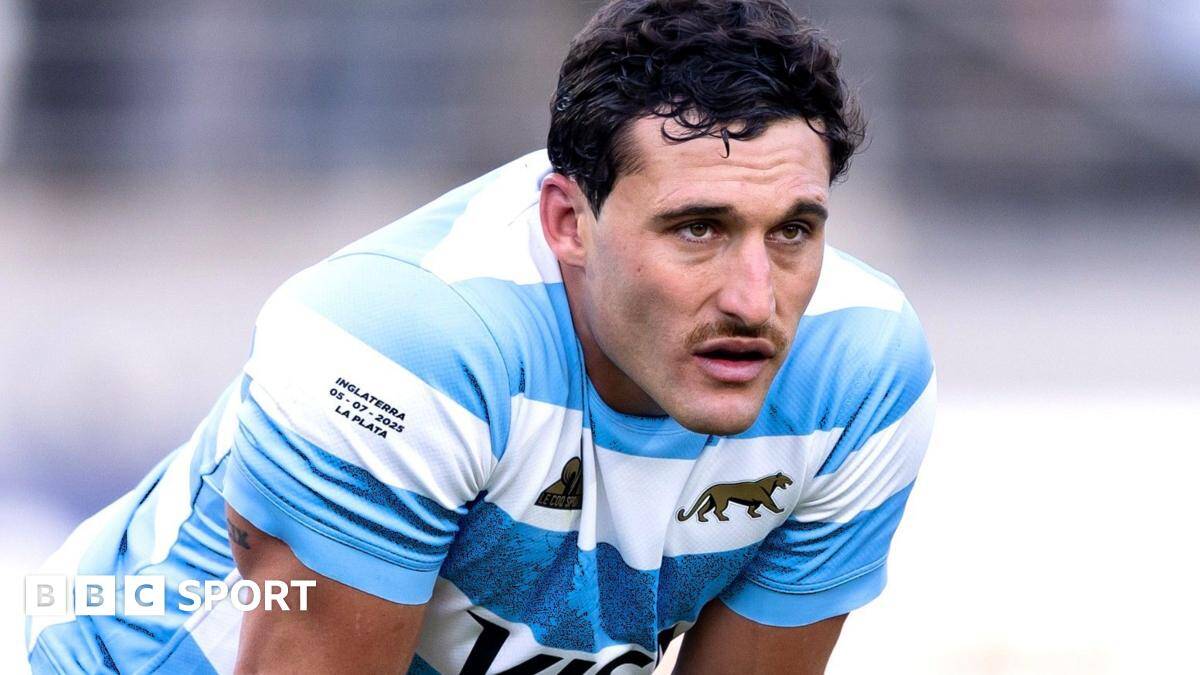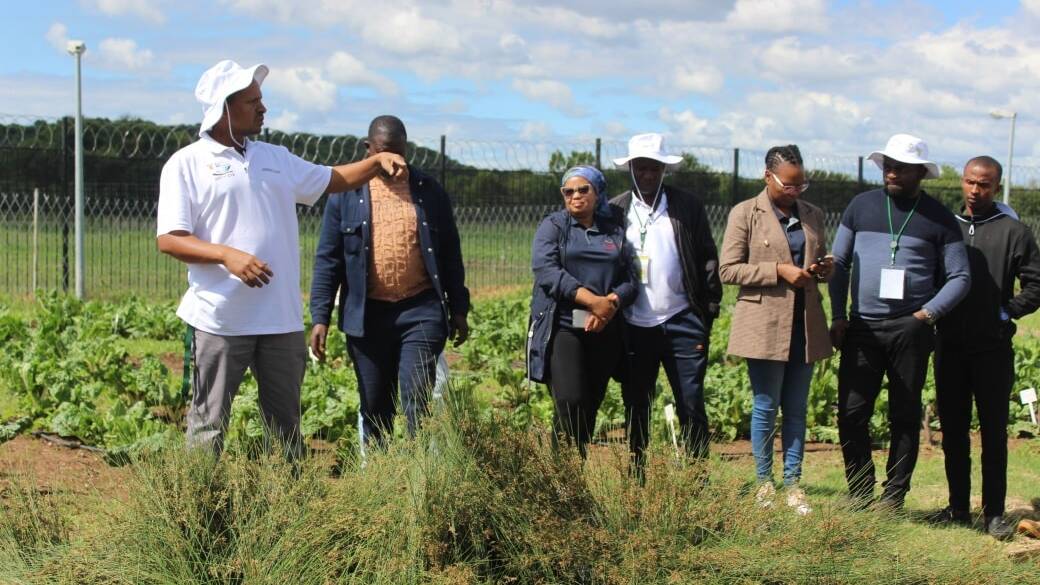Spirited Ireland can't keep pace with world's best
BBC | 23.11.2025 17:07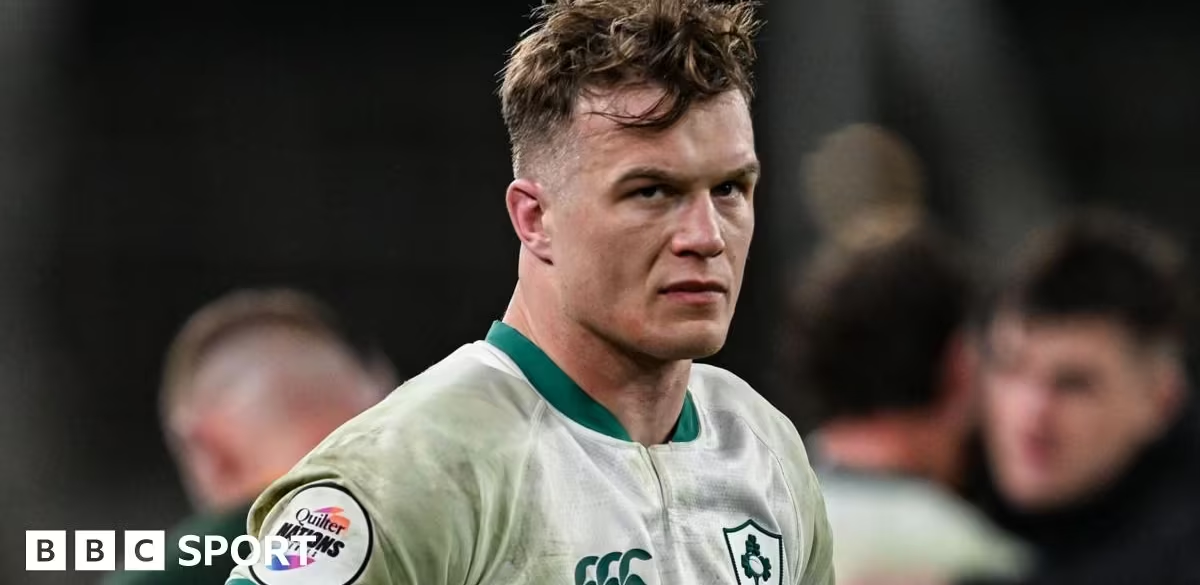
Whatever Ireland's plan to try and beat the Springboks on Saturday entailed, it will not have involved Mack Hansen starting the second half on kick-off duty.
Given the chaotic nature of the 24-13 reverse at the hands of the world champions, a game that saw Andy Farrell's side shown a 20-minute red card and four yellows, three of which overlapped, there is the temptation to chalk it all up to a bizarre day at the office.
To do so, however, would gloss over Ireland's role in their own downfall.
Whatever people's views about Matthew Carley and his officiating team's failure to send Sacha Feinberg-Mngomezulu to the sin bin for a first-half tackle on Tommy O'Brien, Ireland's own cards were all deserved, the product of their own ill-discipline and South Africa's set-piece dominance.
While there was certainly no questioning Ireland's commitment to the cause as they battled brilliantly to stay in a game it felt they had no right to be in, the result will only add to the feeling that has been a decidedly uneven autumn window for Andy Farrell's men.
After being bulk suppliers to the British and Irish Lions' series victory in Australia over the summer, it was a staggered start to the season for much of Ireland's front-liners.
As such, there were concerns that they would be undercooked come their return to Soldier Field to take on the All Blacks to start the month.
While they led New Zealand on the hour-mark, there was to be no repeat of their famous 2016 win in Chicago as a faltering set-piece and lack of impact from the bench saw Scott Robertson's side run out 26-13 winners.
After rotating for the visit of Japan, it was another disjointed start against the Brave Blossoms before Ireland eventually pulled away in their six-try win.
The returning Hansen, starting as a Test full-back for the first time, was the star turn against Australia, scoring a first-half hat-trick in a 46-19 win.
In the build-up to Saturday, Ireland did not shy away from the reality that it was the visit of the Springboks on which many would draw their conclusions of the series.
Captain Caelan Doris said Ireland's November would "hinge" upon the result, while Farrell called it a "litmus test".
Having come into the game with four wins from five against the Springboks between 2017 and 2024, the way in which South Africa pressured Ireland into poor moments of decision-making and execution could only leave the impression that the gap to the back-to-back world champions has grown since their last meetings.
Double-digit defeats by New Zealand and South Africa in the space of four weeks have naturally raised questions about Ireland's direction now less than two years out from the World Cup, and next month's draw for Australia 2027 will only serve to bring the tournament into clearer focus.
A debate over the age-profile of the squad persists but, as Saturday's opponents again show, such concerns come only when results tail off.
But there is the wider question of what Ireland now reasonably expects from their rugby team. While their response to the admittedly often self-inflicted adversity was certainly admirable, three home defeats in 13 months is another unforgiving yardstick.
Former captain Peter O'Mahony provided an interesting view on the Ireland Rugby Social podcast at the mid-point of the autumn series.
"I think it should be a bit of perspective from Irish rugby fans in general, calm down a bit," said O'Mahony, who retired at the end of last season.
"They can be hysterical at times, you know what I mean? Part of that is the media."
While it was certainly eye-catching to hear a former player so recently of the inner sanctum talk in such a way about the expectations around the side, the comments fed into the debate about Ireland's current standing in the world game after a decade when they have consistently punched above their weight.
Coming into the month ranked third in the world - Ireland have since fallen to fourth below England - more competitive showings against those around them in the rankings are surely now viewed as a base, not an ambition.
While Ireland have not lost to a side lower than fifth in the present rankings since defeat by Wales in the 2021 Six Nations, Saturday's loss means they have won just three of their past nine against England, New Zealand, South Africa and France, a run that dates back to the end of the 2023 World Cup and the retirement of talismanic skipper Johnny Sexton.
When considering the victories came against a 14-man France, an England side not then at the level they are now, and thanks to a last-kick drop-goal in South Africa, it all feeds into a concerning trend.
Without stripping the losses of similar context, that the reverses come with an average margin of defeat of 9.5 points feels instructive too.
At present, rather than the worst of the best or best of the rest, Ireland feel in a tier all of their own, still far from flat-track bullies but certainly struggling when expected to make the step up.
They start their 2026 Six Nations against France in Paris and visit England in round three. Between now and those testing February away days, direction of travel will continue to be the dominant theme.


